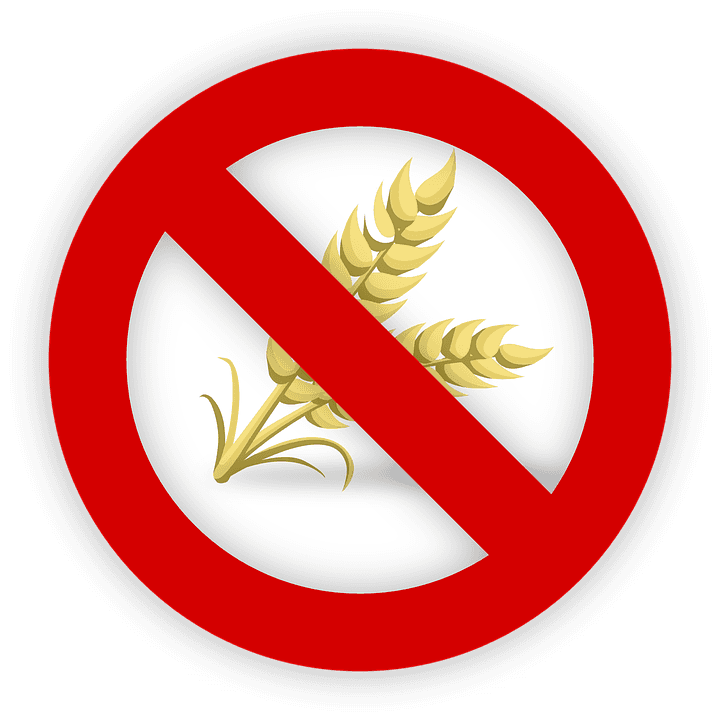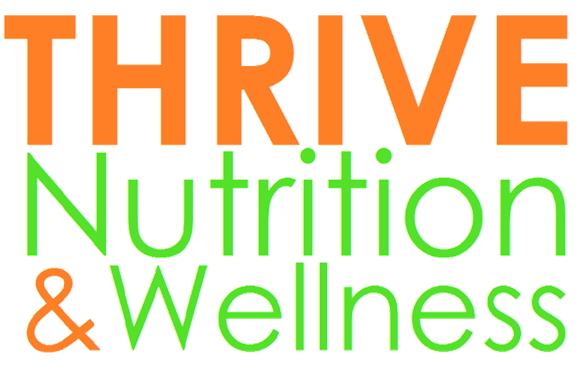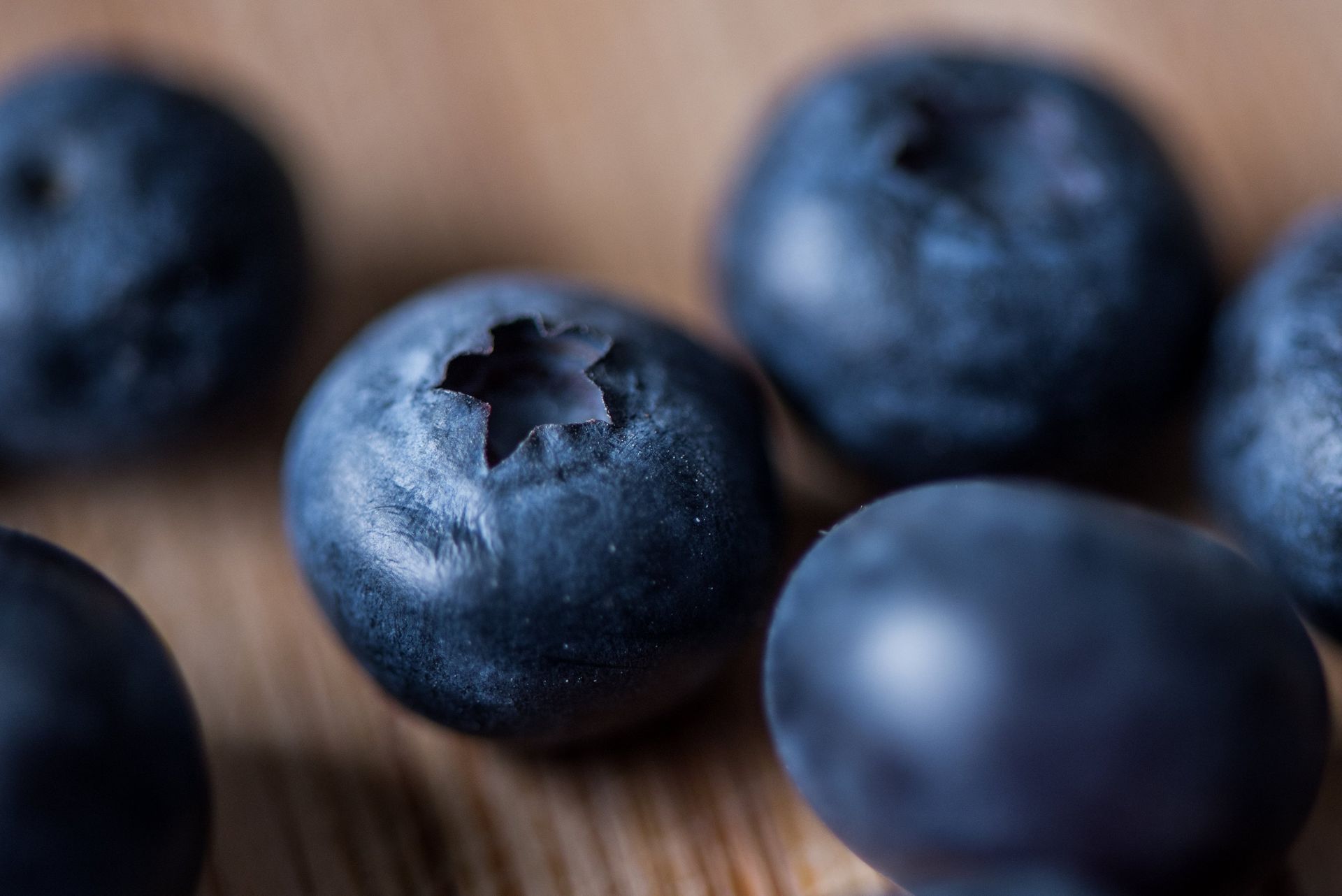
A Cure for Celiac Disease on the Horizon?
By Andrea Langston
Originally written for and published in Buffalo Healthy Living magazine, May 2016
It is estimated that one in 133 people, or one percent of the U.S. population, has celiac disease (CD). In this autoimmune condition, eating gluten triggers the body to attack itself, causing inflammation, an array of symptoms that vary from person to person, increased susceptibility to other autoimmune conditions, and potentially serious long-term effects. Currently, the only treatment for CD is a lifelong adherence to a strict gluten-free diet. To find out if those of us with CD have any hope for a cure, I spoke with the country’s foremost celiac disease physician and researcher, Alessio Fasano, M.D.
Dr. Fasano is chief of Pediatric Gastroenterology and Nutrition and director of the Center for Celiac Research and Treatment at MassGeneral Hospital for Children. His research has led to the development of a drug called Larazotide Acetate, which is entering phase three clinical trials with Innovate Biopharmaceuticals. If the drug passes this final round of trials projected for early 2017, it could be approved for manufacture and available to the public in as little as two years.
Although the drug was developed to be effective with the consumption of large amounts of gluten, Dr. Fasano emphasizes that it is not meant to replace the gluten-free diet. Instead, it should be used “if and when you need it,” says Dr. Fasano.
For example, the drug could make the life of a celiac patient much easier and less stressful in a culinary environment that cannot be controlled, such as traveling or eating out. The pill would be taken 10 to 15 minutes before eating. It contains substances that block a protein called zonulin, which allows gluten proteins to cross the gut barrier by increasing intestinal permeability, allowing the immune system to “see” them. If the action of zonulin is blocked, intestinal permeability is reduced, and the immune system is not activated to attack the cells, preventing damage, inflammation, and symptoms that occur with gluten consumption. Although the drug is not a cure, it could help many people with CD reduce the stress often caused by eating outside the home.
Another longer-term therapeutic intervention in the works for celiac patients is Nexvax2, an injection that works by exposing immune cells to gluten in a controlled way to deactivate them. The vaccine, which was developed by ImmusanT and is currently in phase one trials, would be used with confirmed celiac patients and not as a preventive measure. If each phase of research is successful and approved for manufacture, it could be available in approximately 10 years. Dr. Fasano calls it “a long shot,” however, he is hopeful it will be successful.
While a gluten-free diet continues to be the only dependable treatment for celiac patients today, Dr. Fasano believes it is an encouraging time for those with the disease. Science is continually evolving, and the increase in diagnoses and awareness of celiac disease may bring more funding for research needed to develop a cure. To learn more or make a donation, visit celiaccenter.org.
About the Author:
Andrea Langston, M.S. is a nutritionist and diagnosed celiac who specializes in empowering clients to thrive on a gluten-free diet.







